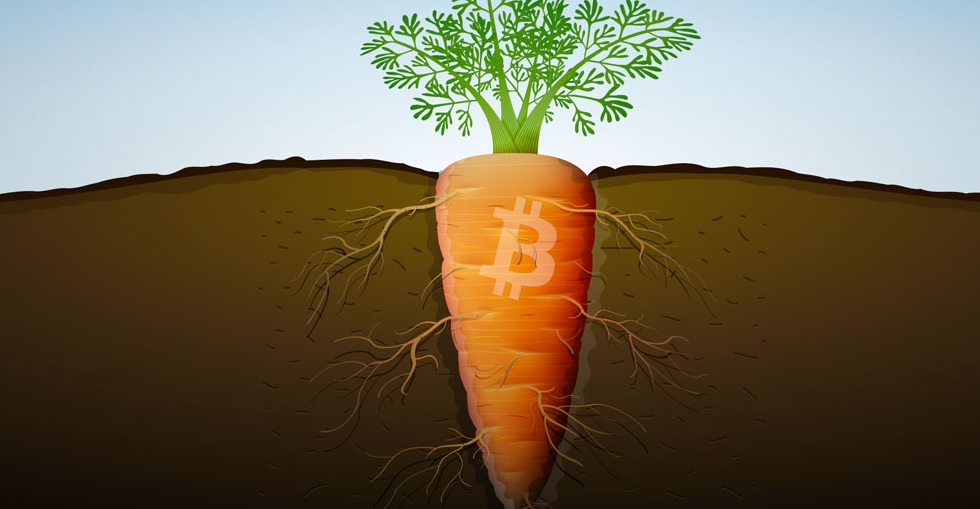
The Bitcoin network may soon see the adoption of a major code update called Taproot. The last time such global changes were made back in 2017, when the Lightning Network protocol was adopted. All major mining pools (Poolin, F2Pool, Antpool, BTC.com) signal the consent to enable Taproot changes, with the exception of Binance Pool, which owns 10% of the power and, accordingly, 10% of the votes. Smaller pools (ViaBTC, 58COIN, 1THash, SlushPool, NovaBlock) also confirm their agreement to implement the changes proposed in Taproot. Thus, 82% of the Bitcoin network is already ready to launch the proposed changes. In this vote, miners themselves can also accept, transferring their power to those pools whose decision they support.
Changes by Taproot for Bitcoin:
1 The most important innovation is the introduction of Schnorr signatures, which will allow several other transactions to be recorded in one transaction, thus increasing the bandwidth of the Bitcoin network. The confidentiality of network participants will also be additionally increased. Schnorr is a new transaction signature algorithm, a kind of mixer for private and public keys, which is based on the latest scientific advances in mathematics. It can be used to mix public keys and multi-transaction signatures into a single public key and a single signature, or vice versa. Thus, one transaction may hide several, but from the outside, such a transaction will not differ in any way from ordinary transactions without Shnorr's signature. Those. no one will be able to say for sure whether this is a simple or complex transaction that includes several Schnor transactions.
2 The second innovation is the addition of new capabilities for working with smart contracts in the Bitcoin network, which uses the capabilities of Schnor signatures. It should be noted that smart contracts on the Bitcoin network have existed since 2012 in the form of an add-on MAST (Merkelized Abstract Syntax Tree) and P2SH (Pay to Script Hash), which allows adding additional verification rules to the blockchain, but great popularity due to limited opportunities and problems with security, this tool has not received widespread use. Such transactions on the Bitcoin network are now called complex or multi-signature transactions. With the introduction of Taproot, smart contracts on the Bitcoin network will become indistinguishable from regular transactions, i.e. these will be improved MAST transactions, where multi-signature participants can combine all their transactions into one regular transaction indistinguishable from the rest.
Taproot, Schnorr, and MAST are complementary innovations that bring exciting and complex transactional capabilities to Bitcoin. While Schnorr helps protect privacy and partially increases scalability, Taproot focuses on making the results and costs within the network indistinguishable. In terms of scalability, the Lightning Network continues its development, making transactions on the network faster and cheaper.









